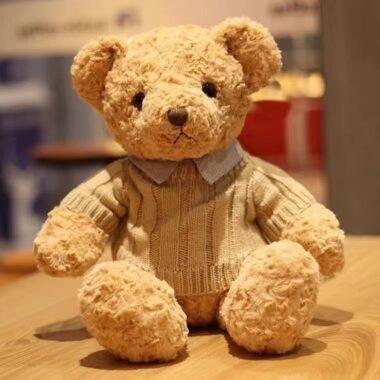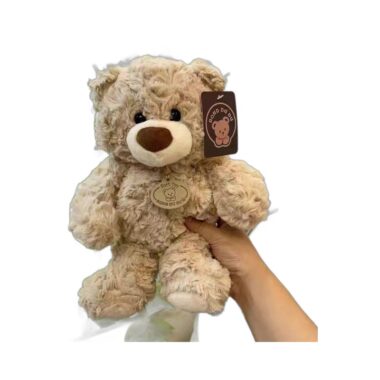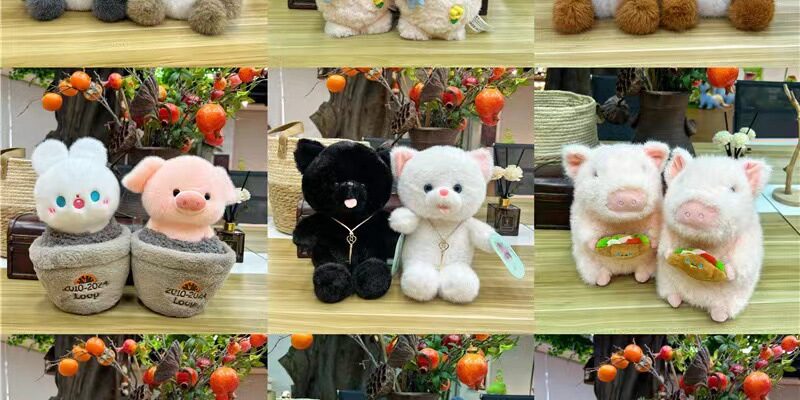Soft toys are much more than just cute and cuddly objects. They offer a wide range of benefits for both children and adults, from emotional support to developmental growth. Here are some of the key benefits of soft toys:
1. Emotional Comfort
Soft toys provide a sense of comfort and security, especially for young children. The tactile nature of soft toys can create a sense of calm and relaxation. This is especially helpful when children are feeling anxious, scared, or lonely. Even as adults, soft toys can serve as stress-relievers or objects of sentimental value.
2. Encouraging Imaginative Play
For children, soft toys often serve as companions in imaginative play. They can create elaborate stories and scenarios involving their toys, which helps develop creativity and problem-solving skills. Pretend play with soft toys also helps children understand the world around them by mimicking real-life situations.
3. Developing Social Skills
When children engage in pretend play with soft toys, they may practice sharing, taking turns, and communication. They might even role-play different social interactions, such as teaching their toys to share or comforting them when they are sad. This can improve their social and emotional intelligence.
4. Sensory Development
Soft toys help stimulate sensory development. The softness, texture, and even the scent of certain toys contribute to sensory experiences that are important for young children’s development. Babies often explore their toys through touch, which helps develop their tactile senses.
5. Attachment and Security
Soft toys often become attachment objects, providing a sense of security. This is particularly common with “security blankets” or a favorite stuffed animal. Having a familiar object can help children feel more confident, especially in new or unfamiliar environments, such as daycare or when traveling.
6. Stress Relief for Adults
Adults aren’t immune to the soothing benefits of soft toys. Many people find comfort in having a soft toy nearby, especially during stressful moments or when experiencing difficult emotions. Soft toys can act as stress-relievers, offering comfort and a sense of emotional grounding.
7. Therapeutic Uses
In some therapeutic settings, soft toys are used to help people process emotions, particularly for those with anxiety, PTSD, or other emotional difficulties. Therapists might encourage people to hold or interact with a soft toy as a way to help them express feelings or cope with difficult situations.
8. Physical Comfort
Some soft toys are designed specifically for physical comfort, such as heated stuffed animals that provide warmth or cooling ones that help in reducing physical discomfort. These types of toys can be especially comforting during illness or cold weather.
9. Fostering Responsibility
When children are given the responsibility of caring for a soft toy, they can develop a sense of responsibility and empathy. Taking care of a toy, making sure it’s clean, or helping it “feel better” when it’s hurt can teach children nurturing skills.
10. A Source of Nostalgia
As people grow older, soft toys can carry sentimental value. Many people keep their childhood stuffed animals or blankets as reminders of a simpler time. These toys become treasured mementos, sparking memories and feelings of nostalgia.
Conclusion
Soft toys are so much more than just decorative pieces or comfort objects. They play important roles in emotional development, sensory stimulation, social interaction, and even therapeutic practices. Whether you’re a child looking for a playmate or an adult seeking comfort, the benefits of soft toys are universally appreciated. So next time you cuddle with a plushie, remember—it’s not just a toy, it’s a source of emotional support and growth!









